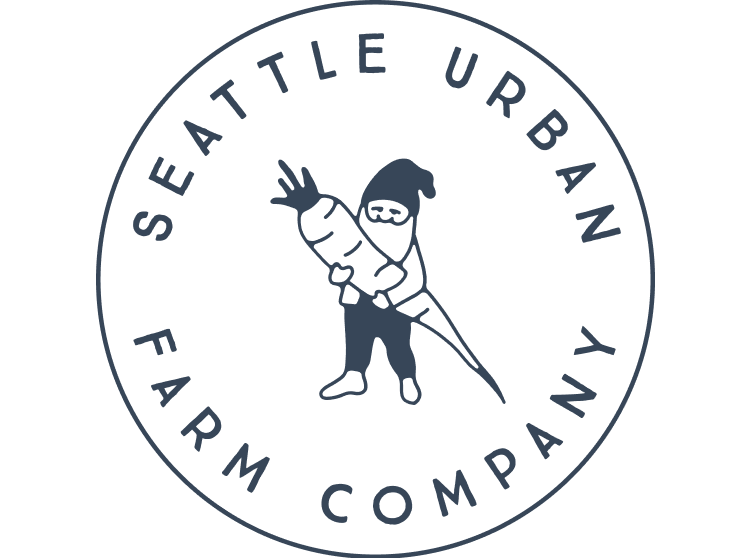To start, a few thoughts on insecticides, organic or otherwise:
We think of sprays as the last resort in a pest management strategy. This is not to say that these sprays should never be used — only that it is important to utilize techniques such as hand picking, traps and exclusion first in an effort to reduce the need for these products.
Pests and diseases can develop a resistance to even the most benign organic pesticide. If a spray kills 99 percent of the existing population, the crop may be saved in the short term, but the remaining 1 percent of pests that are naturally resilient against the spray will survive to breed the next generation of pests that, in turn, will all have a better likelihood of also having this resistance.
The use of preventative strategies first, and the use of many different types of organic pesticides, will discourge pests from developing a resistance to a single pesticide. That is, by varying your control method, you prevent pests from selecting themselves for resistance to a specific method. Judiciously used in this manner, organic pesticides and fungicides can become an important tool for maintaining a productive garden.
It is equally important to keep in mind that many broad-range organic sprays can negatively affect the beneficial insects in a garden. Some pesticides affect only a narrow range of insects, but even these can kill innocent bystanders. For example, Bt, a spray intended to manage caterpillar pests like cabbage loopers and tomato hornworm, also kills any butterfly larvae in the sprayed area. Other sprays are more broad-spectrum and can damage or kill a huge range of insects, pests and otherwise.
Now, for the part about the soap spray:
Probably the most commonly used home gardening spray is a simple mixture of soap and water. This mixture can help control or eliminate hordes of insects. It’s especially useful for aphids, but works on any soft-bodied insect including spider mites. The soap coats the insects and breaks down their cell membranes, drying them out and killing them relatively quickly. This spray is nontoxic and is safe to use around children and pets.
Soap spray should be used judiciously on crops because heavy and consistent applications can result in phytotoxicity (damage to the plant). Spraying early in the morning will help minimize this. To control aphids, spray the soap every 2 or 3 days for a week or two, and then stop applications. These repeated applications in rapid succession should disrupt the reproductive cycle of the insects.
To make your own soap spray:
Mix 1 tablespoon soap (liquid dish soap, castile soap, or a specialized insecticidal soap) with a quart of water in a spray bottle. Shake it vigorously and spray it on insect populations. This spray should keep indefinitely.
We hope this is helpful!




